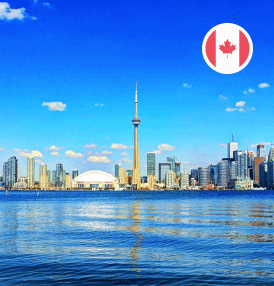Study in the UK: Explore Opportunities for Academic Excellence
The United Kingdom, also known as Great Britain, has a population of 67.85 million (2024). The UK, being the world’s 3rd largest economy, has many opportunities for people of all age groups, backgrounds, and cultures. The UK’s largest city, London, also holds the title of the world’s cultural capital. London boasts a diverse range of people and cultures, with over 300 languages spoken within its boundaries.
Why Study in the UK from Nepal?
Universities in the UK are more focused on developing skills and attributes that are in high demand from employers worldwide—attributes such as creativity, innovation, teamwork, and leadership—and exposing students to a multicultural environment that is conducive to learning and self-development.
It is no wonder that it has one of the world’s largest international student populations, given its long history of education culture.
Whatever your interests, there’s a huge range of clubs and societies, as well as a diverse social life on offer.
Reasons that Attract International Students to the UK
- Gaps acceptable: a minimum 4-5 Years
- Various options for courses: 80,000+ courses.
- UK courses are generally shorter than in other countries, helping to reduce overall tuition fees and accommodation costs.
- After finishing your graduate studies in the UK, you may also be eligible for a postgraduate work permit valid for up to two years.
- As the UK is an English-speaking nation, language barriers won’t be a problem.
- Pay a 1-year tuition fee and receive a specified percentage discount on the fees.
Interesting Facts about the UK
- The UK consists of four countries: England, Scotland, Wales, and Northern Ireland.
- The UK is home to world-renowned scientists like Charles Darwin, Isaac Newton, Alan Turing, and Stephen Hawking.
- Football is the most popular sport in the UK; studying there gives you a chance to watch your favorite teams in real life.
- Tea is the most popular drink in the UK and, therefore, was named the national drink of the country.
- The UK has more than 130 universities. Amongst them, the most prestigious are Cambridge and Oxford University.









